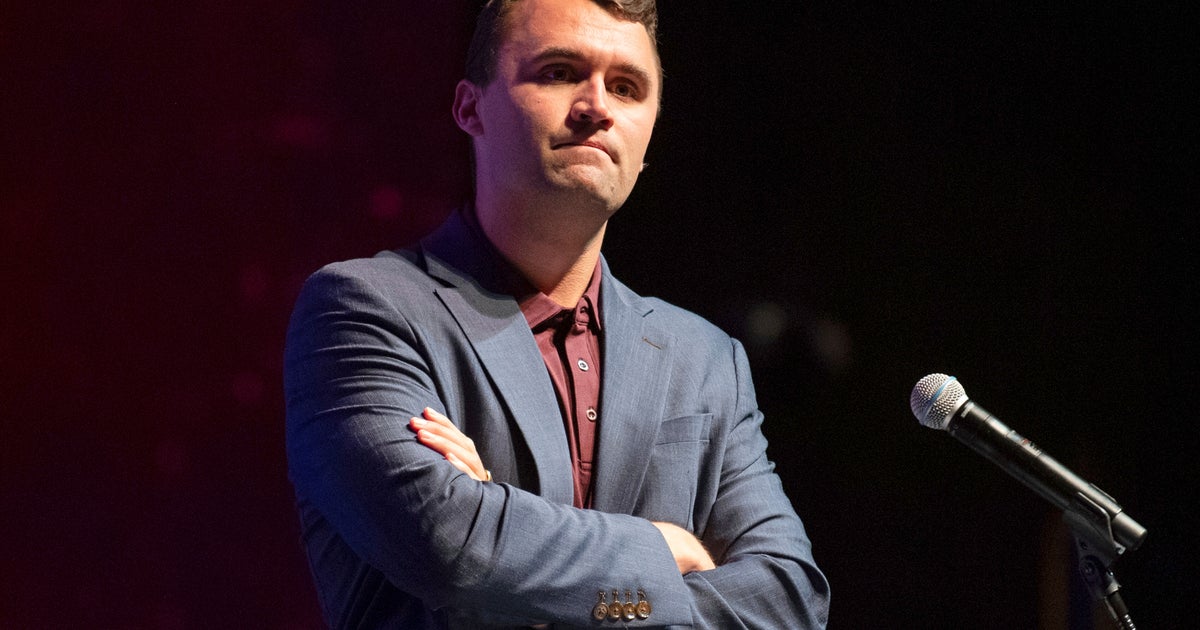The tragic death of conservative activist Charlie Kirk during a public event in Utah has sparked not only political and public debate, but also a conversation about how the media should handle breaking news. MSNBC’s real-time coverage, particularly remarks made by political analyst Matthew Dowd, has been criticized for its timing and framing, raising questions about journalistic responsibility in moments of crisis.
The Incident and Initial Media Coverage
On September 10, 2025, Kirk, the 31-year-old founder of Turning Point USA, was shot while speaking at an outdoor event at Utah Valley University. The incident occurred during a Q&A session with students. News of the attack quickly spread across national outlets, with tributes and statements pouring in from political leaders across the spectrum. Former President Donald Trump confirmed Kirk’s death later that day on Truth Social, describing him as “great and even legendary.”
As coverage unfolded, MSNBC anchor Katy Tur introduced the story by describing Kirk as a polarizing public figure. She then brought in analyst Matthew Dowd to discuss the broader political environment in which the shooting had taken place.
The Controversial Remarks

During the live segment, Dowd noted that Kirk had often been described as divisive, adding that his rhetoric sometimes fueled tension within American political discourse. He suggested that “hateful thoughts lead to hateful words, which then lead to hateful actions,” framing the environment as one in which sharp rhetoric could contribute to dangerous outcomes.
Dowd also briefly speculated on potential motivations behind the shooting, though he admitted that details were not yet clear. These remarks came before Kirk’s death had been officially confirmed and while the situation was still developing.
Why Timing Became the Central Issue
The main source of criticism was not necessarily what was said, but when it was said. During active breaking news coverage, many viewers expect the focus to remain on facts and verified updates, rather than immediate analysis or speculation. By shifting quickly into commentary about Kirk’s divisive style and the broader political climate, MSNBC faced accusations of insensitivity and premature judgment.
Critics argued that, in the early hours of such a tragedy, coverage should prioritize concern for the victim and clarity of information over ideological debate. Others suggested that the commentary risked framing the victim as partly responsible, an approach seen by many as inappropriate during an unfolding emergency.
Media Ethics Under Scrutiny
The MSNBC segment has reignited a broader discussion about how journalists should approach breaking news involving violence against political figures. Several questions have resurfaced:
-
Immediacy vs. Reflection: Should news outlets prioritize rapid commentary, or wait until more details are confirmed before offering broader analysis?
-
Sensitivity to Victims: How can coverage acknowledge a public figure’s controversial legacy while still showing respect to the individual and their family in moments of crisis?
-
Framing Political Violence: Should incidents like these immediately be placed within the context of broader political rhetoric, or is it better to focus strictly on confirmed facts until investigations provide clarity?
These questions have no easy answers, but the Kirk coverage illustrates the difficulty of balancing journalistic duty with sensitivity in high-pressure environments.
Public and Industry Response

Following the broadcast, critics across the political spectrum voiced concern over Dowd’s comments. Some described the remarks as poorly timed, suggesting that they bordered on “victim-blaming.” Others questioned why speculation about motives was introduced when official information was still limited.
On the other hand, defenders of MSNBC’s approach argued that journalism has a responsibility to explore not only the “what” of an event, but also the “why.” For them, discussing the political climate in which such incidents occur is part of responsible reporting, even if the timing may have been uncomfortable.
This divide reflects a larger debate within the media industry itself: how to provide meaningful context without appearing to exploit tragedy or disrespect those directly affected.
The Broader Conversation About Political Rhetoric
The controversy also points to a deeper societal issue—the role of rhetoric in shaping political culture. American politics in recent years has grown increasingly polarized, and high-profile figures like Kirk often found themselves at the center of heated debates. While robust disagreement is part of democracy, questions remain about when rhetoric crosses the line into fostering division or even hostility.
Media organizations, as the intermediaries that broadcast these messages, play a role in how the public interprets events and discourse. But the challenge lies in determining when analysis helps the public understand the stakes and when it risks inflaming emotions during sensitive moments.
Lessons for Broadcast Journalism
The MSNBC coverage of the Kirk tragedy may serve as a case study for future newsroom practices. Key lessons include:
-
Guidelines for Breaking News Commentary: Outlets may need clearer rules about when it is appropriate to move from reporting facts to offering analysis.
-
Prioritizing Sensitivity: Regardless of political affiliation, victims of violence deserve respect in the initial stages of reporting.
-
Separating Fact from Opinion: Distinguishing between confirmed information and speculative commentary is crucial to maintaining credibility.
-
Training for On-Air Personalities: Anchors and analysts may benefit from training on how to navigate sensitive situations in real time.
Moving Forward
As the investigation into Kirk’s death continues, media coverage itself has become part of the story. The incident underscores how quickly commentary can shape public perception—not only of the event but of the networks covering it.
In today’s fast-paced, 24-hour news environment, the demand for immediate updates often collides with the need for careful, measured reporting. The MSNBC segment demonstrates how easily that balance can tip in ways that generate further controversy.
Ultimately, the challenge for journalists is to navigate breaking news with accuracy, empathy, and responsibility. Doing so requires constant reflection on how words spoken in the moment may resonate far beyond the broadcast.
Conclusion
The criticism of MSNBC following its coverage of Charlie Kirk’s shooting highlights the difficult choices facing modern journalism. While providing context and analysis is part of a news outlet’s role, timing and tone are equally important—especially when lives are at stake and emotions are raw.
The debate sparked by Dowd’s comments serves as a reminder that in covering acts of political violence, the media must carefully balance its dual obligations: informing the public while respecting those directly affected. In an age where every word is instantly scrutinized, thoughtful restraint can be just as powerful as immediate commentary.


